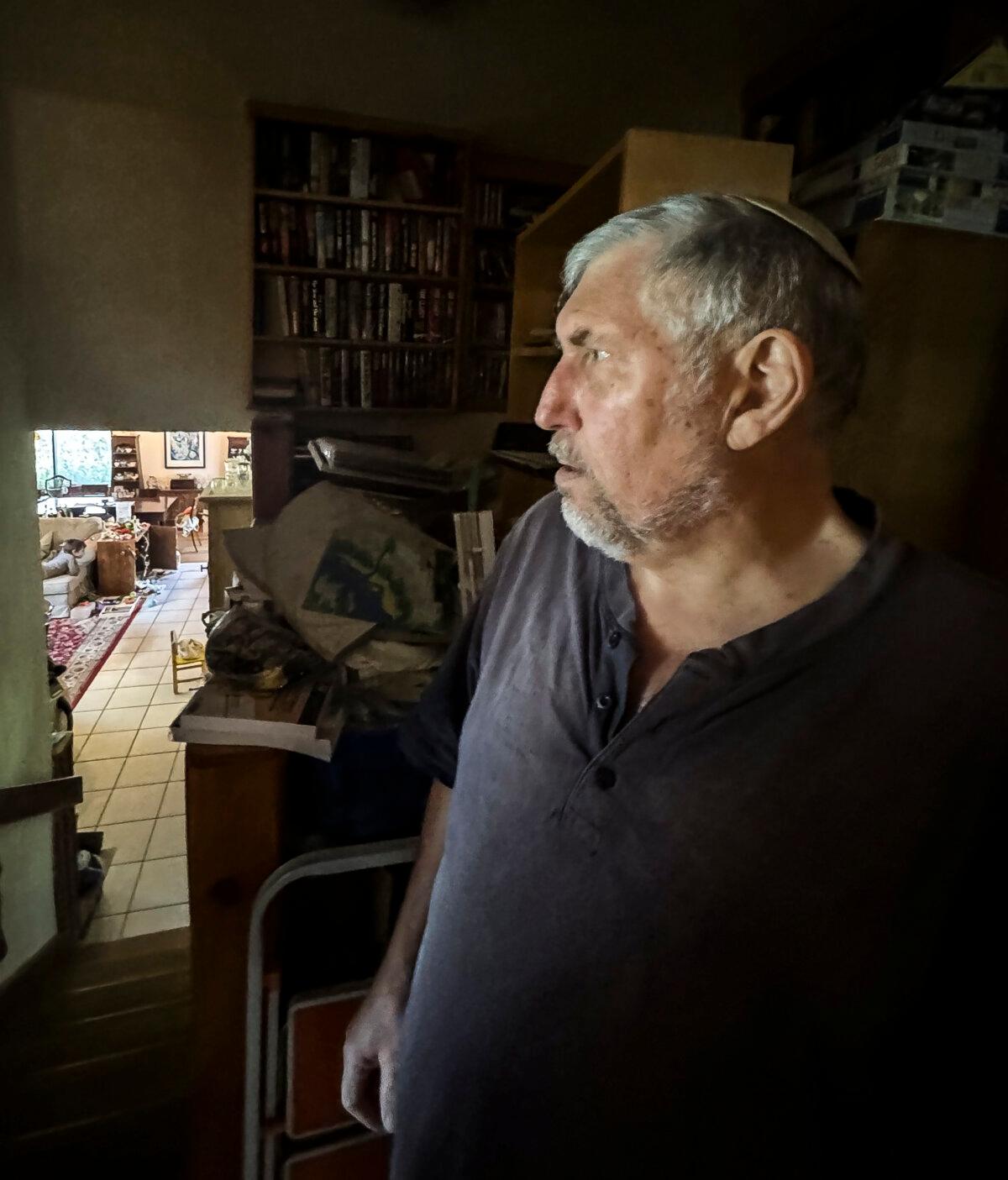Israel Shifts Its Focus to Border with Lebanon
The IDF is strengthening its northern forces and indicating its readiness to attack Hezbollah, causing thousands of residents to remain displaced.
After achieving its goals against Hamas in Gaza, Israel is hinting at a forthcoming offensive against Hezbollah in Lebanon.
Israeli Prime Minister Benjamin Netanyahu mentioned in a TV interview on June 23 that the IDF was nearing the completion of its ground offensive into Rafah in southern Gaza.
Although the conflict with Hamas isn’t finished, he mentioned that fewer troops would be required in Gaza, freeing them up for potential Hezbollah operations.
Mr. Netanyahu is facing pressure from various directions.
Israel has been enduring ongoing rocket and drone attacks from Hezbollah for months, prompting the evacuation of over 60,000 Israelis from the north who have been unable to return home.
The potential attack against Hezbollah would primarily serve a defensive purpose, allowing displaced individuals to return home, he stated.
The Lebanese Shia terrorist organization, in control of south Lebanon, has heightened its attacks with more rockets since early May.
Simultaneously, the United States is pressuring Mr. Netanyahu to refrain from a substantial offensive or any at all, advocating for diplomatic negotiations.
Air Force Maj. Gen. C.Q. Brown, the Chairman of the Joint Chiefs of Staff, informed reporters on June 23 that an Israeli operation in Lebanon would increase the chances of Iran, Hezbollah’s sponsor, joining, potentially broadening the conflict.
An offensive in Lebanon, he warned, could escalate the risk of a larger conflict.
“Hezbollah is better equipped than Hamas in terms of overall capability, number of rockets, and more,” he asserted.
“I foresee Iran being more inclined to offer greater support to Hezbollah.”
Some in Israel speculate that the IDF might postpone action until after Mr. Netanyahu’s address to Congress scheduled for July 24, as mentioned by Sarit Zehavi to The Epoch Times.
She, a retired IDF military intelligence lieutenant colonel who founded the Alma Center, an institute specializing in Israel’s northern border, believes this delay would be a mistake, according to Elliot Chodoff, a reserve IDF major and terrorism expert who also taught at Haifa University for 25 years.
An offensive by Israel faces a time constraint, as waiting could lead to challenges due to inclement weather, impeding both ground operations and the necessary air support, Mr. Chodoff highlighted.
Troops already positioned in the north indicate that an offensive might be imminent, rather than observing increased troop movements, as explained by both Mr. Chodoff and Ms. Zehavi.

Last week, six brigades consisting of several thousand troops were called up for 40 days of duty, all previously serving in Gaza for 150 days.
The 40-day timeline isn’t rigid but signifies the IDF’s preparedness for action, potentially within a week.
Although Israel’s air force wouldn’t need to relocate for a northern offensive, transferring units such as artillery is more complex and signifies a commitment, Mr. Chodoff added.
The IDF prioritizes supporting its troops in combat, aiming to avoid simultaneous operations on multiple fronts, which could lead to decisions about allocating air support.
The recent hostage rescue operation in Gaza required extensive combat support without the catastrophic civilian outcomes many anticipated, Mr. Chodoff observed.
Ms. Zehavi concurred that any delay, like awaiting Mr. Netanyahu’s Washington trip, would only facilitate Hezbollah’s escalation.
Hezbollah has increased drone attacks against Israel in the north since early May, she pointed out.

Hamas and Hezbollah have effectively engaged in a war of attrition against Israel.
Israel has been willing to negotiate an end to the conflict, but Hezbollah has consistently rejected diplomatic solutions, insisting on a ceasefire contingent on Gaza.
Even if Hezbollah agrees to a ceasefire, northern Israel residents fear that the organization will maintain its military capabilities and potentially launch further attacks, instilling insecurity, as highlighted by Ms. Zehavi.
She also expressed concerns that Hezbollah may respond to an Israeli offensive by infiltrating Israel on the ground, not solely through rocket fire.
Some Hezbollah units are geared towards defending southern Lebanon, while others are positioned for offensive operations against Israel.
Hezbollah’s objective isn’t merely to safeguard Lebanon but to seize control and establish an Islamic state, requiring Israel to allocate elite units for defense.

“Israel is significantly more prepared than it was on Oct. 6,” Ms. Zehavi remarked, emphasizing the potential outcome of any future conflict.
Mr. Chodoff praised Israel’s swift response on Oct. 7 to fortify the northern border with numerous troops as a key decision by the IDF.
He noted that invading during favorable weather conditions plays a more critical role in Lebanon due to the landscape that allows more conventional ground warfare.
Although the region is more open with smaller populated areas, typically more suited for ground operations, Ms. Zehavi pointed out that Hezbollah has embedded itself within south Lebanon’s towns, necessitating urban warfare tactics.
The Associated Press and Reuters contributed to this report.





